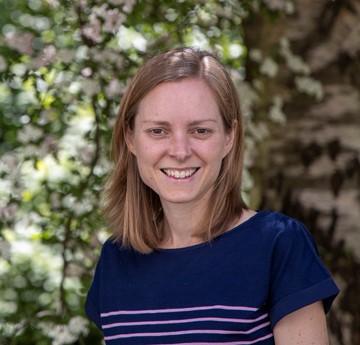Ceryn Evans works in the School of Education within Swansea University’s College of Arts and Humanities. Her research explores young people’s decisions to pursue pathways alternative to going to university.
“Going to university has become the ‘normative’ next step for many young people leaving college or school in England and Wales. The majority of 18-year-olds now remain in some form of full-time higher education (HE). There are, however, a minority of young people who, despite having a string of good A-levels or vocational qualifications, decide to embark on pathways other than university. My research aims to understand why, despite being qualified to go to university, some young people choose alternative options. It also seeks to understand which pathways they anticipate taking instead.
So far, I have conducted interviews with 20 young people who were studying for their A-levels or vocational qualifications at Further Education colleges in Wales. These young people invariably had their sights set on beginning apprenticeships or training courses, finding a job or returning to college for more study after completing their current studies.
The interviews revealed the complexity of young people’s decisions and the myriad reasons for anticipating a range of alternative pathways. For those hoping to begin apprenticeships, their decisions were bound up with the appeal of earning a living, gaining work experience and guaranteed employment. One young person, for example was an aspiring accountant, and for him an accountancy apprenticeship was highly attractive because it offered him the chance to gain an income alongside training. For others, their sense of self-efficacy, motivation and feelings towards academic work also played a role in their decisions, as did their fears and apprehensions about the pressures of an academic environment associated with university. This was exemplified by two interviewees who had considerable concerns about the academic pressures which they felt university would bring, reflecting their own sense of unease with exams and difficulties with self-motivation.
Why should we be interested in the stories of a relatively modest group of young people? Their narratives tell us something important about the contemporary economic contexts in which young people make decisions. At a time when the labour market has become more congested and competitive, and costs of higher education have escalated, are alternative pathways to employment emerging with growing appeal for young people? What’s more, given that different pathways are associated with widely different employment opportunities and life chances, attention to the alternative pathways that some young people take and the destinations which these might lead toward, is important for understanding how patterns of social inequality in the UK are (re)produced, reconfigured or disrupted.
So far, I have presented my research to an advisory group whose suggestions and advice will be invaluable for steering the project’s future directions. The study has enormous potential to advance long term policy developments in further and higher education and vocational training and will therefore be valuable to Welsh and UK policy makers.
The research has been generously supported by the British Academy.”

